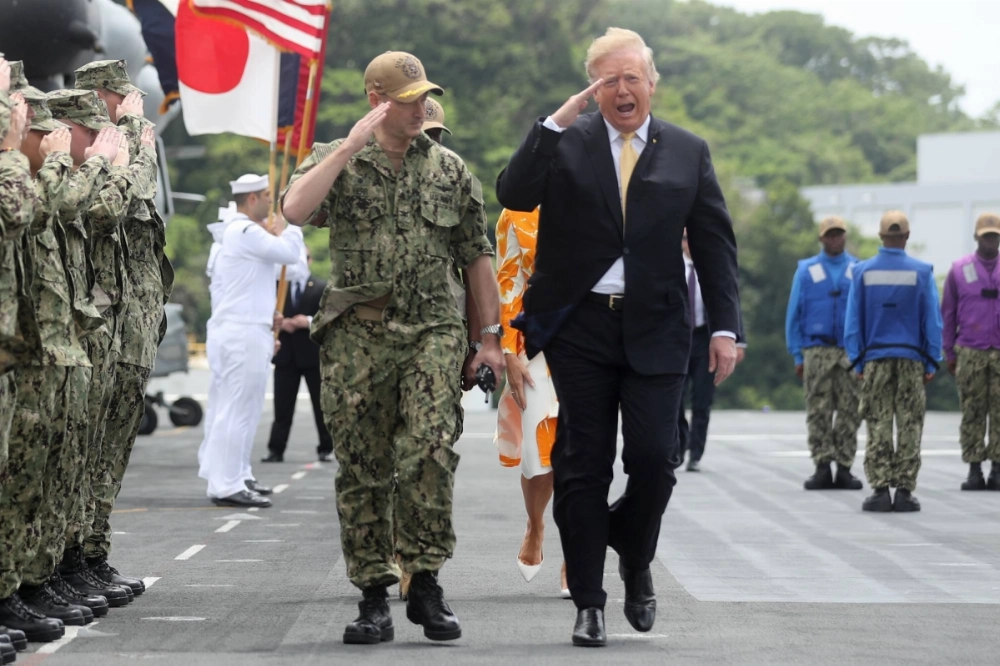When the world's de facto "sheriff" for the past 80 years steps down, does that return us to a lawlessness like that of the 1800s Wild West, where every town had to find its own lawman?
Ukraine has become the poster case for what happens when you have aggressive neighbors who disregard international law and past agreements. The country's case is even more poignant, as it held the third-largest nuclear arsenal when the Cold War ended and the Soviet Union broke up. Newly independent, Ukraine joined the Treaty on the Non-Proliferation of Nuclear Weapons (NPT) and became a non-nuclear state.
To ensure its defense in this new world, Kyiv entered the Budapest Memorandum agreement in December 1994. It agreed to destroy its ballistic missiles and hand over its nuclear warheads to Russia for dismantling. In exchange, it received commitments from the United States, the United Kingdom and the Russian Federation to respect Ukraine's territorial integrity and the inviolability of its borders, and to refrain from using or threatening military force.


















With your current subscription plan you can comment on stories. However, before writing your first comment, please create a display name in the Profile section of your subscriber account page.